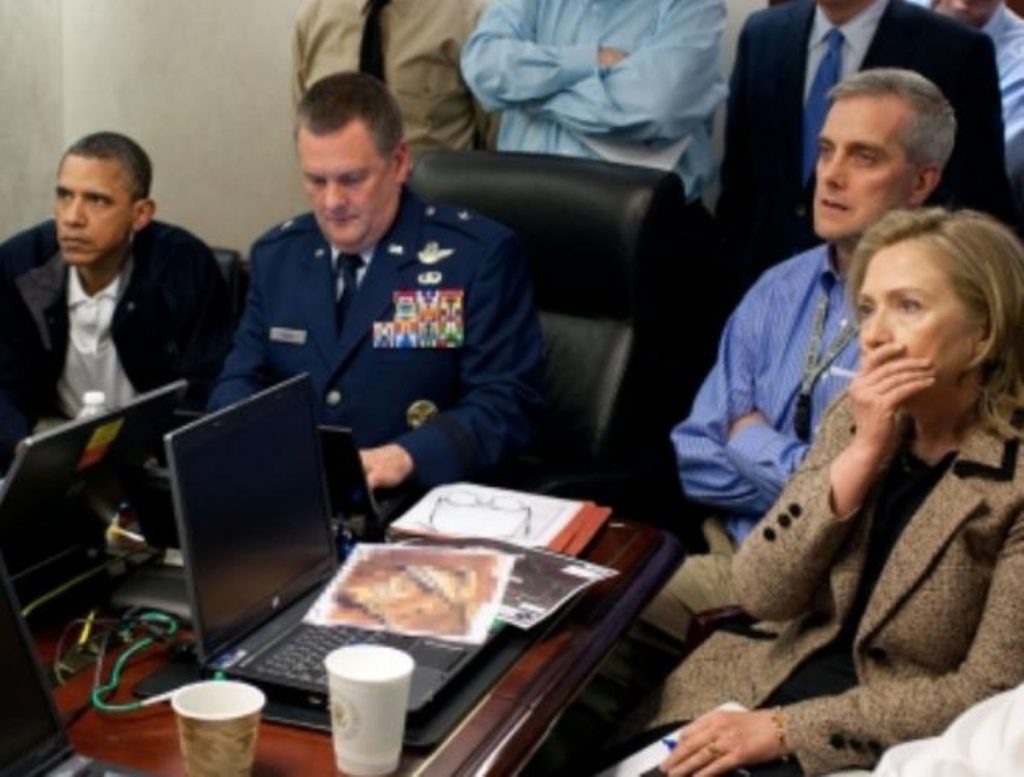PM won’t break with Pakistani government
David Cameron has insisted it is in Britain’s national interest to keep working with Pakistan’s government – despite the country harbouring Osama bin Laden for years.
The prime minister acknowledged there are “questions we have to ask” about whether to the Islamabad government was aware the al-Qaida leader was living on Pakistani soil.
Bin Laden’s death following a raid by US special forces took place in a firefight in the compound where he had been hiding in Abbottabad.
Last year Mr Cameron sparked controversy while on a visit to India when he said Pakistan “looked both ways” in the struggle against terrorism.
This afternoon he told MPs Bin Laden’s expensive residence in Islamabad suggested the al-Qaida leader “must have had a support network in Pakistan”.
“We don’t currently know the extent of that network, so it is right that we ask searching questions about it. And we will,” he pledged.
But the prime minister’s main focus was on limiting the extent of diplomatic confrontation with the Pakistani government.
He said Bin Laden’s death offered several opportunities, including the chance to make aggressive moves against al-Qaida and to press the Taliban to break off its links with the terrorist organisation.
“There’s also an opportunity to say to the Pakistanis, now is the moment to really prove you want to wrap up the terrorists,” he told the Today programme.
The alternative – a “massive row” – would not be productive, Mr Cameron insisted.
“It is my very clear view it is in our interest to work with the people and government of Pakistan to combat terrorism, combat extremism,” he added.
“If we turn away from it and give up on them, you’re left with a nuclear power in danger of massive extremism and massive instability.”
Last night the Cabinet’s emergency committee Cobra met to discuss the full details of the US raid and its “potential impacts”, a Downing Street spokesperson said.
The 45-minute meeting saw Mr Cameron and other senior government officials agree “to continue to make every effort to counter terrorism and extremism”.
Pakistani president Asif Ali Zardari used a comment piece in the Washington Post newspaper to argue that his country had been a victim, rather than supporter, of terrorism.
“Pakistan has never been and never will be the hotbed of fanaticism that is often described by the media,” he wrote.
Mr Cameron said Mr Zardari had told him that as many as 30,000 innocent civilians have been killed as a result of terrorism.
He cited Mr Obama’s claim that counterterrorism cooperation with Pakistan had helped lead Americans to Bin Laden’s compound before pressing: “Continued cooperation will be just as important in the days ahead.”





-01.png)